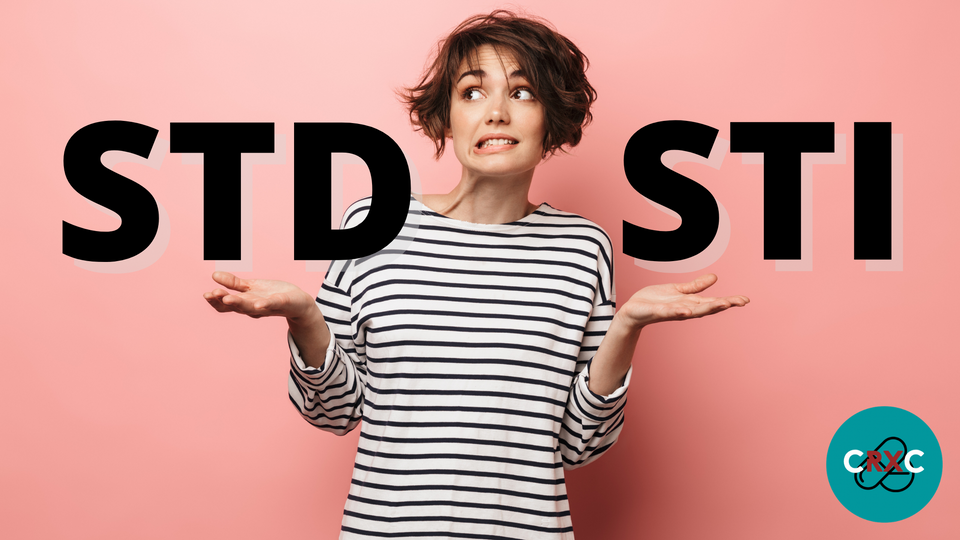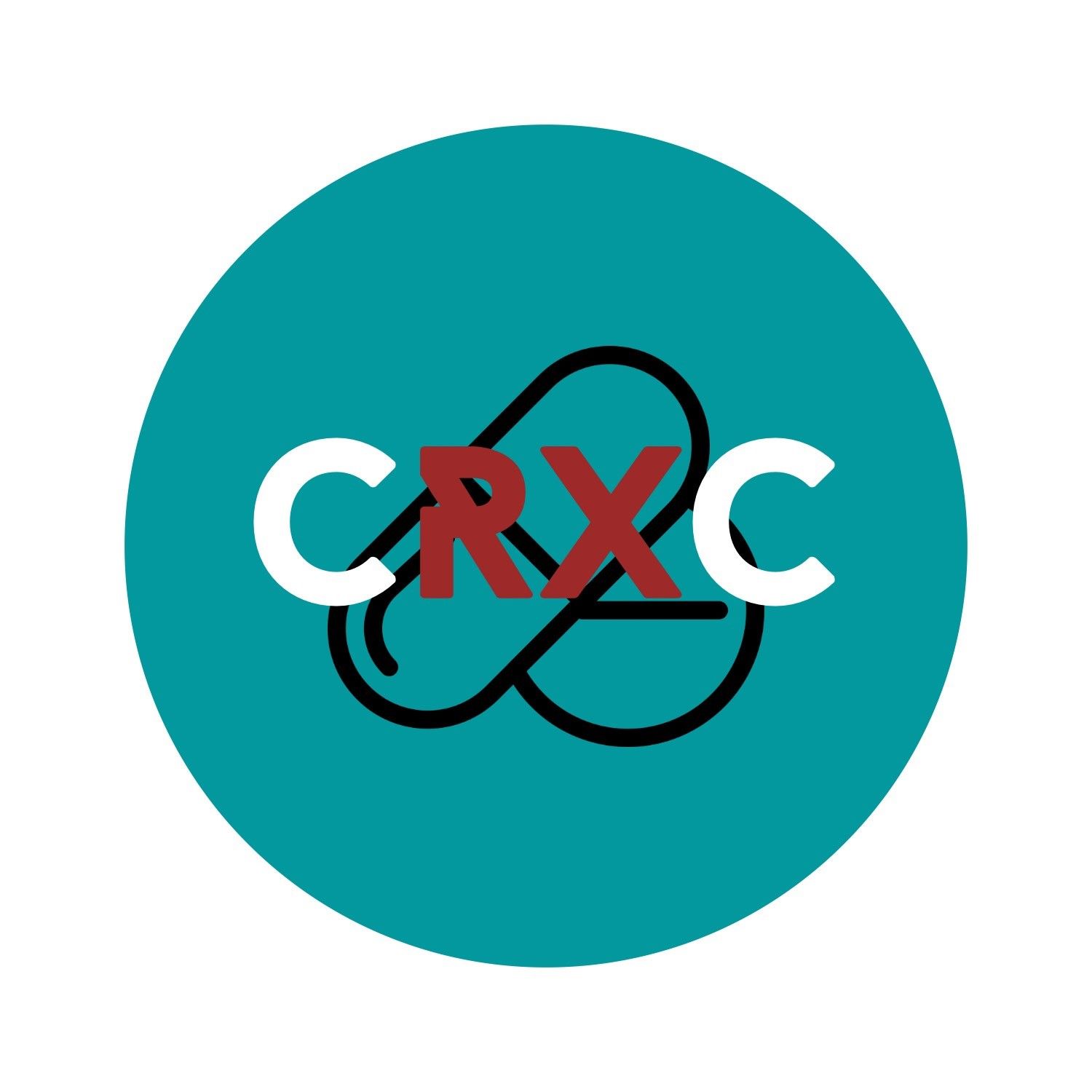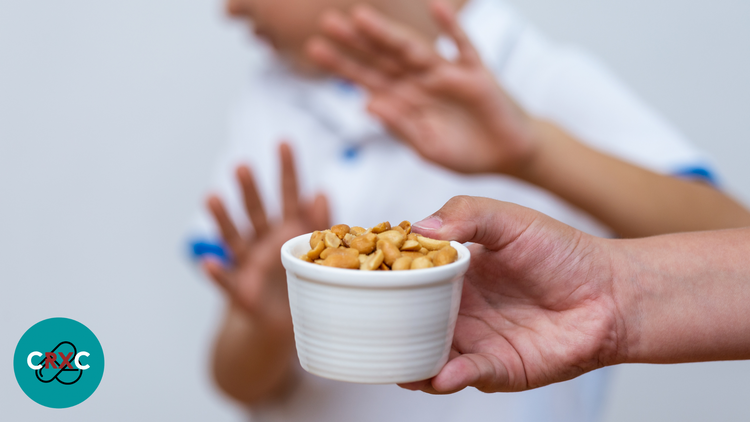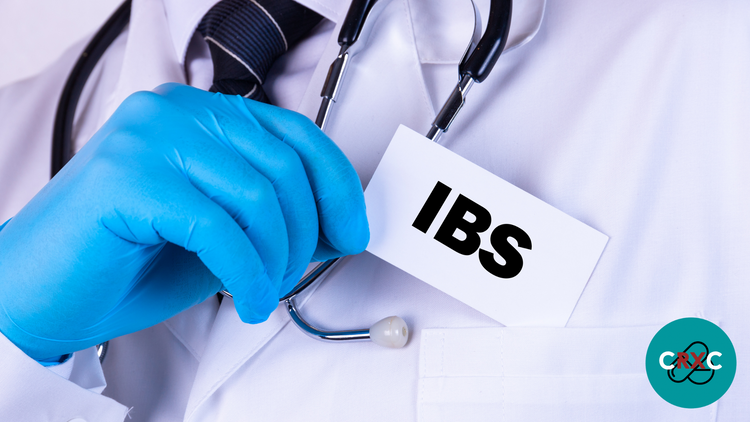STD's, STI's & what you should do if you contract them: FAQ's

What is an STD and an STI?
STD is short for sexually transmitted diseases, whereas STI stands for sexually transmitted infection. Although both are generally acquired by sexual contact, STD's and STI's can also be transmitted through infected body fluids by sharing needles, syringes, pipes and other smoking devices when taking drugs. STI's can also be transferred through childbirth from the infected person to their baby during pregnancy and afterwards.
How would I know I have an STD/STI?
As some STI's have no visible symptoms, you may experience more obvious signs and symptoms such as:
- Burning, itching, bleeding during urination
- The constant feeling and urge to urinate without much urine excretion
- Irregular periods (for women)
- Irregular random discharge from your penis
- Irregular, foul smelling, heavy, thick discharge from your vagina
For more serious and noticeable symptoms, you may notice:
- Irritation, redness, swelling, itching around your genital area or anus and testicles
- Pelvic Pain
- Rashes, lumps, blisters, sores on and around your genital area or anus and testicles
What should I do if I have one of these symptoms?
It is normal to experience one or more symptoms. If you are sexually active and are having any one or more of these symptoms at a time, seek medical attention from your health care provider.
Are STD's and STI's curable?
There are many STI's that are caused by viruses, bacteria and parasites that can be cured with prescription antibiotics and topical creams and lotions. The STI's that are curable are as listed:
- Gonorrhea
- Chlamydia
- Syphilis
- Trichomoniasis
- Pubic Lice
However, there are STD's and viral infections which are not curable but it's symptoms can be managed with ongoing medications and treatments. These are the STD's that are not curable:
- HIV
- Herpes
- HPV (A vaccine is presently available to help prevent this STI)
- Genital Warts
- Hepatitis C
- Hepatitis A and B (A vaccine is presently available to help prevent this STI)
What medications and treatments are used for STD's and STI's?
Medications for curable STI's:
Gonorrhea & Chlamydia - Azithromycin 500mg (Zithromax)
Syphilis - Penicillin 250-500mg
Trichomoniasis- Metronidazole 500mg (Flagyl)
Maintenance Medications for incurable STD's:
HIV - Viread 300mg, Truvada 200/300mg, Triumeq 600/50/300mg, Tivicay 30,50mg, Genvoya 150/150/200/10mg and Atripla 600/200/300mg
Herpes - Zovirax 200, 400, 800mg(tablets & cream) available), Famvir 250, 500mg and Valtrex 500, 1000mg
HPV - Imiquimod 5% (Aldara cream)
Genital Warts - Imiquimod 5% (Aldara cream)
Hepatitis C - Myhep All 90/400mg and 400/100mg
Hepatitis A and B - Entecavir 0.5mg and 1mg, Epivir 100mg and 150mg and Hepsera 10mg
How can I get these medications?
Talk to your doctor. Discuss your symptoms and get tested. You will be prescribed what is necessary for treatment depending on your diagnosis.
Where can I order these medications?
Some of these medications can be costly, especially if you do not have insurance coverage. However, here at Canada Rx Connection we are able to source these products at the best prices available through reputable, governed and licensed pharmacies around the world and can have them mailed directly to you. All you need to do is provide us your prescription.
Here is the link to search for product and pricing on our website.
https://canadarxconnection.com/usp.php





